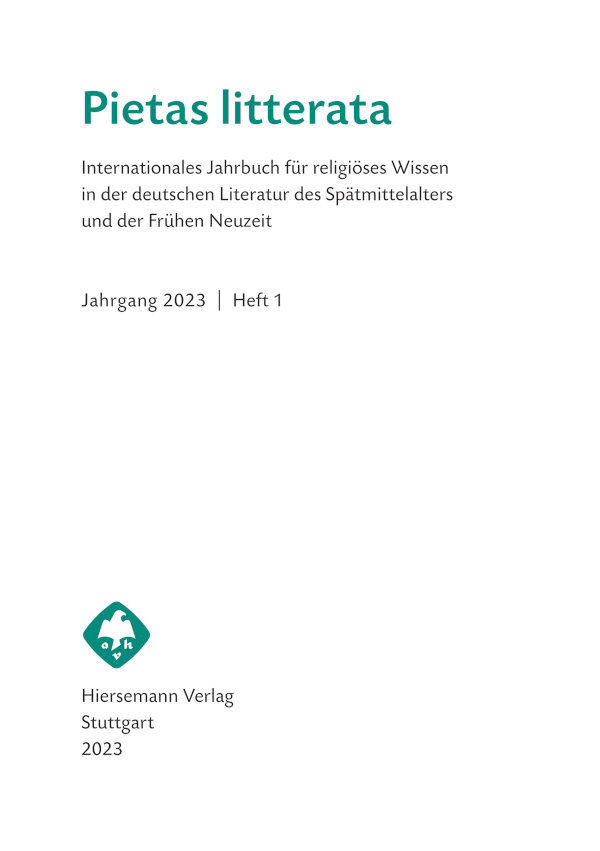The Illusion of ›Medieval Christianity‹

Abstract
This paper considers how a historically inaccurate illusion of ›medieval Christianity‹ shapes discourse about religion and examines some uncritical assumptions made about medieval religions and cultures. I consider debates over current periodization models, survey influential methodologies for the study of religion, and provide a reading of the use of ›medieval Christianity‹ in foundational histories of religion, focusing on German-literate historians of religion. Both religious studies and medieval studies still imagine that medieval Christians inhabited a fully enchanted, racially and religiously pure landscape and that essential cultural and phenomenological developments linked to Luther’s protestation are the origin of both modernity and secularization. This developmental model assumes religions evolved from a primitive (medieval Christian/syncretist) to a modern (Protestant or secular) form. This illusion of ›medieval‹ as ›Christian‹ and religion as a demarcation of the ›holy‹ also informs contemporary cataloguing practices such as dividing medieval cultural production into ›sacred‹ and ›secular,‹ referring to medieval Christians as ›Catholic,‹ ›heterodox‹ or ›orthodox,‹ and teaching the ›Middle Ages‹ as if it were exclusively western, Latin, Christian, and European. Until these challenges are confronted, the study of the religions of late medieval and early modern Germany risks perpetuating historical inaccuracies rooted in nationalist ideologies.
Schlagwörter
Religionswissenschaft, History of Religion, periodization, historiography, longue durée, post-colonial studies, religious studies, intellectual history